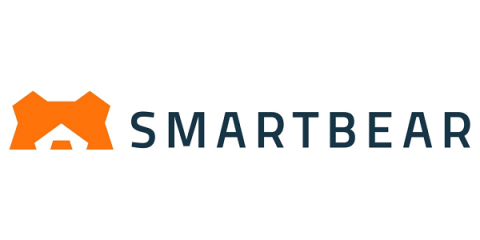Systems | Development | Analytics | API | Testing
Latest News
8 Compelling Reasons to Incorporate Design Thinking into Your Business Strategy
Design thinking gained importance and popularity over the years due to several factors and shifts in the business landscape. As markets became more competitive and saturated, businesses recognized the need to differentiate themselves by offering products and services that truly address customer needs. Design thinking’s emphasis on understanding and empathizing with users provided a robust framework for creating customer-centric solutions.
SmartBear Launches Integrated API Developer Suite, Adding Portal and Exploration to SwaggerHub Platform
Express vs. Hapi: Which is the Best Node.js Framework for Web Development?
In this digital era, numerous frameworks are accessible for web development. Among them, Node.js, a JavaScript-based framework, holds significant importance in the IT industry. One of its key advantages is its versatility, allowing developers to utilize it for both client and server-side scripting tasks. As a server-side web application platform, Node.js is known for its speed and efficiency.
Simplify mobile testing with Tricentis Mobile Agent
Mobile devices permeate almost every facet of our lives. With the number of mobile users currently at 5.1 billion and growing, mobile commerce growth will not stop anytime soon. To capitalize on this market, it’s critical to deIiver a high-quality user experience through robust mobile testing. Unfortunately, most companies have been slow to adopt mobile testing. Part of the complexity lies in setting up and configuring various iOS and Android devices.
Introducing Tricentis Device Cloud: Real mobile device testing with codeless automation
Whether you’re developing mobile apps for business-to-business (B2B) or business-to-consumer (B2C) purposes, delivering a seamless mobile experience is critical for survival in today’s complex, fiercely competitive digital business landscape. In line with this demand, we’re thrilled to introduce Tricentis Device Cloud.
Balancing Your Budget with Excellence
Regardless of industry, companies have been undergoing significant financial struggles. It’s led to supply chain disruptions, labor shortages, and increased operational costs. The strain of inflationary pressures, rising interest rates, and geopolitical uncertainties haven’t helped corporate balance sheets, either. As businesses strive to adapt to rapidly evolving consumer demands and digital transformation, they also face fierce competition, which has compressed profit margins.
Top 12 Data Preparation Tools
What is RabbitMQ Queues Test?
RabbitMQ is one of the most popular open source message brokers. It is designed to provide high availability, scalability and reliability for enterprise level messaging applications. RabbitMQ basically navigates exchanges between a client (producer) and a consumer, who receives these processed messages. Messages are bundled into queues based on their characteristics and adequately processed. This segregation helps organize data much easier and makes alloting similar functions to a single queue.
Advanced Usages of Devise for Rails
In part one of this series, we introduced Devise using an example app to explore modules, helpers, views, controllers, and routes. In this part, we'll explore more advanced usages of Devise, specifically the use of OmniAuth, API authentication, and Authtrail. Let's dive straight in!











